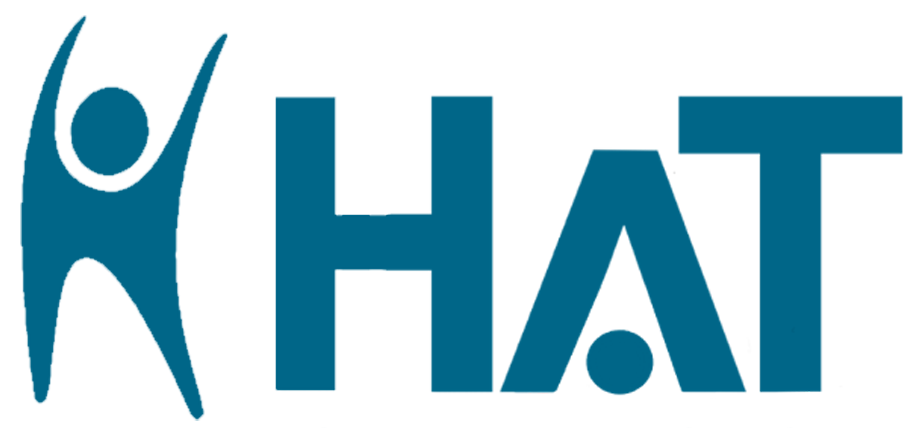Today’s presentation will be a virtual meeting.
Join Zoom Meeting https://us06web.zoom.us/j/971381033
“To what degree are individuals and governments responsible for addressing poverty?”
Presented by Malwina Stinson
To begin to explore this broad question, we may consider the following points:
1. Individual Financial Responsibility: Are individuals responsible by increasing their tax or charitable contributions to help alleviate poverty? To what extent is poverty attributed to individual choice, as opposed to social and economic structure, and to what degree must an individual be obligated to help those experiencing poverty? It is difficult to set aside personal or social bias in formulating a response or devising a plan of action, based solely on fiscal and ethical standards, without value judgements, and with compassion, balanced with our own needs and wants.
These two video links explore only a fraction of the psychology related to the topic.
https://youtu.be/tMY1TXsp6Nc
https://youtu.be/rvskMHn0sqQ
2. Role of Different Societal Levels: Which level of society is responsible for helping to alleviate poverty? Is it municipal, provincial, national, or do smaller communities and organizations have a larger role? if different levels of government don't agree on how to address poverty, resources are not properly used to address poverty, creating waste in time and resources. Some believe we should pay less tax and let individuals choose how to address poverty with their own resources, or combine with others through private groups. Both options exist for quite some time yet poverty persists.
This video is exploring some flaws in the macro level governmental support commonly found in many nations.
https://youtu.be/D9N7QaIOkG8
3. Ethical Considerations in Aid Distribution: Ethically speaking, what considerations should guide us in determining who deserves help in overcoming poverty? Who determines what constitutes poverty, and which metrics to include? (ex; local, national, international metrics as compared to who/when/where)
There are proposed methods to bypass some of these divisive questions, this is one proposed solution: Universal basic income. https://youtu.be/kl39KHS07Xc
4. The Role of Education: How does education contribute to alleviating poverty, and what responsibility do individuals and societies have in ensuring access to education? Is equitable access to education sufficient, or do we have a responsibility to ensure its delivery to the intended recipient as well? Statistically, higher education correlates with lower levels of poverty, especially if at least a minimum high school education is achieved. There are many factors that contribute to poverty that education alone would be unable to address in its current model.
5. Impact of Policy and Legislation: What role do governmental policies play in addressing present and future poverty? Is it acceptable to only partially address current poverty, due to limited resources, in order to secure future generations' financial security? and how can individuals and communities influence or contribute to these efforts? In a democracy, when we elect leaders, we have influence over what policies will likely be put in place, kept, amended, or scrapped, making us (the individuals) arguably responsible to some degree.
This video touches on individual and governmental ethical responsibility, which guides legislation alongside financial considerations. https://youtu.be/D5sknLy7Smo
Video links: All from Kurzgesagt, PBS, TedEd, and one individual (unaffiliated) video. These videos are not necessarily a representation of my personal opinions, in fact I have chosen them to eliminate my conscious and subconscious biases from steering thee discussion as best I could. I have tried to include a variety of perspectives, whether I agree with them or not.
